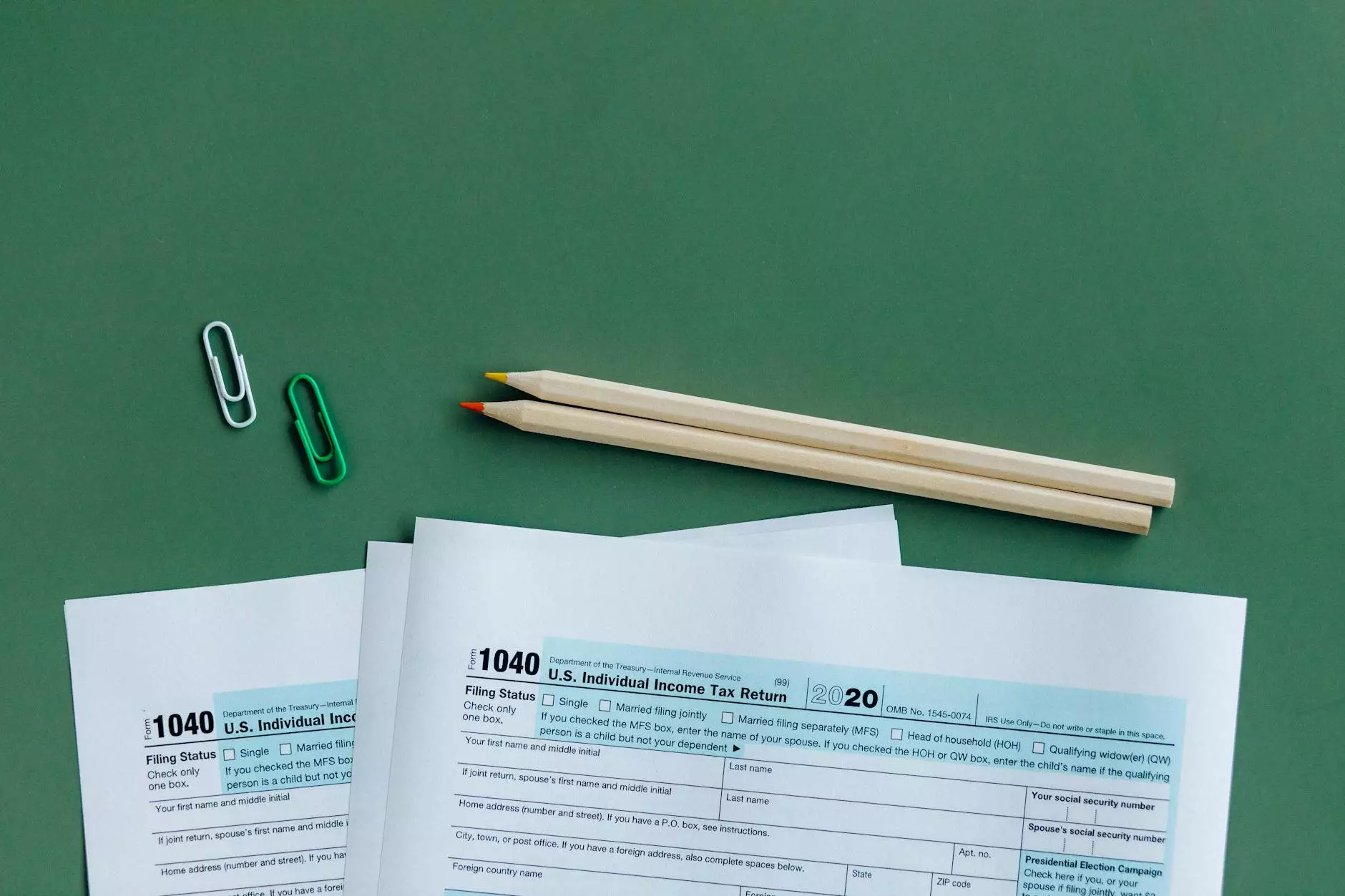EPA Proposes Revisions to PSD and Title V Greenhouse Gas Permitting Regulations

Overview of EPA's Proposed Revisions
The Environmental Protection Agency (EPA) has recently announced proposed revisions to the Prevention of Significant Deterioration (PSD) and Title V permitting programs related to greenhouse gas (GHG) emissions. These revisions aim to address concerns raised by industry stakeholders and ensure more effective regulation of GHG emissions.
Importance of PSD and Title V Programs
The PSD and Title V programs are crucial components of the Clean Air Act and are designed to protect air quality and public health by regulating major stationary sources of air pollution. They require facilities in certain industries to obtain permits prior to construction or modification of sources that may emit significant amounts of specified pollutants.
Background on GHG Emissions and Regulation
Greenhouse gases, such as carbon dioxide (CO2), methane (CH4), and nitrous oxide (N2O) contribute to climate change and global warming. In recent years, there has been growing recognition of the need to regulate GHG emissions to mitigate their impact on the environment and public health. The EPA has been actively working to establish guidelines and guidelines to regulate GHG emissions.
Key Revisions Proposed by the EPA
1. Single Source Determination for GHG Emission Thresholds
The proposed revisions aim to establish a single source determination for GHG emission thresholds. Currently, PSD permits are required for facilities with potential emissions above the statutory thresholds for any regulated pollutants. However, the EPA is considering revising this provision to focus solely on GHG emissions, streamlining the permitting process and providing clarity to both regulators and industry.
2. Streamlining GHG BACT Analysis
Best Available Control Technology (BACT) analysis is an important component of the PSD permitting process. The EPA proposes to streamline the BACT analysis specific to GHG emissions, facilitating a more efficient and consistent approach across permitting authorities.
3. Adjusting Plantwide Applicability Limitations (PALs)
Plantwide Applicability Limitations (PALs) provide facilities with flexibility in managing emissions by establishing an overall emissions limit for the entire facility. The EPA is considering adjustments to PALs to better accommodate sources with significant GHG emissions.
4. Review of Ozone National Ambient Air Quality Standards (NAAQS) Impacts
The EPA's proposed revisions also include a review of the impacts from GHG permitting on state implementation of the ozone National Ambient Air Quality Standards (NAAQS). This review aims to ensure consistency and compatibility between the programs.
Impact on Industries and Stakeholders
The proposed revisions by the EPA have important implications for various industries, including energy, manufacturing, and transportation. The changes aim to provide regulatory certainty, streamline the permitting process, and enable industries to comply with environmental regulations effectively. Stakeholders are encouraged to review the proposed revisions and provide comments to the EPA.
Expert Legal Counsel at Richardson Law Firm PC
Richardson Law Firm PC specializes in law and government matters, offering expert legal counsel to clients navigating environmental regulations, including the PSD and Title V permitting programs. With a team of experienced attorneys and a deep understanding of the proposed revisions, Richardson Law Firm PC is well-positioned to assist clients in comprehending the potential implications and ensuring compliance with evolving regulations.
Conclusion
The EPA's proposed revisions to the PSD and Title V greenhouse gas permitting regulations signal an ongoing commitment to address GHG emissions and provide regulatory certainty to industries. Richardson Law Firm PC assists businesses in understanding and complying with these complex environmental regulations, ensuring their operations align with the proposed revisions and other applicable laws.









